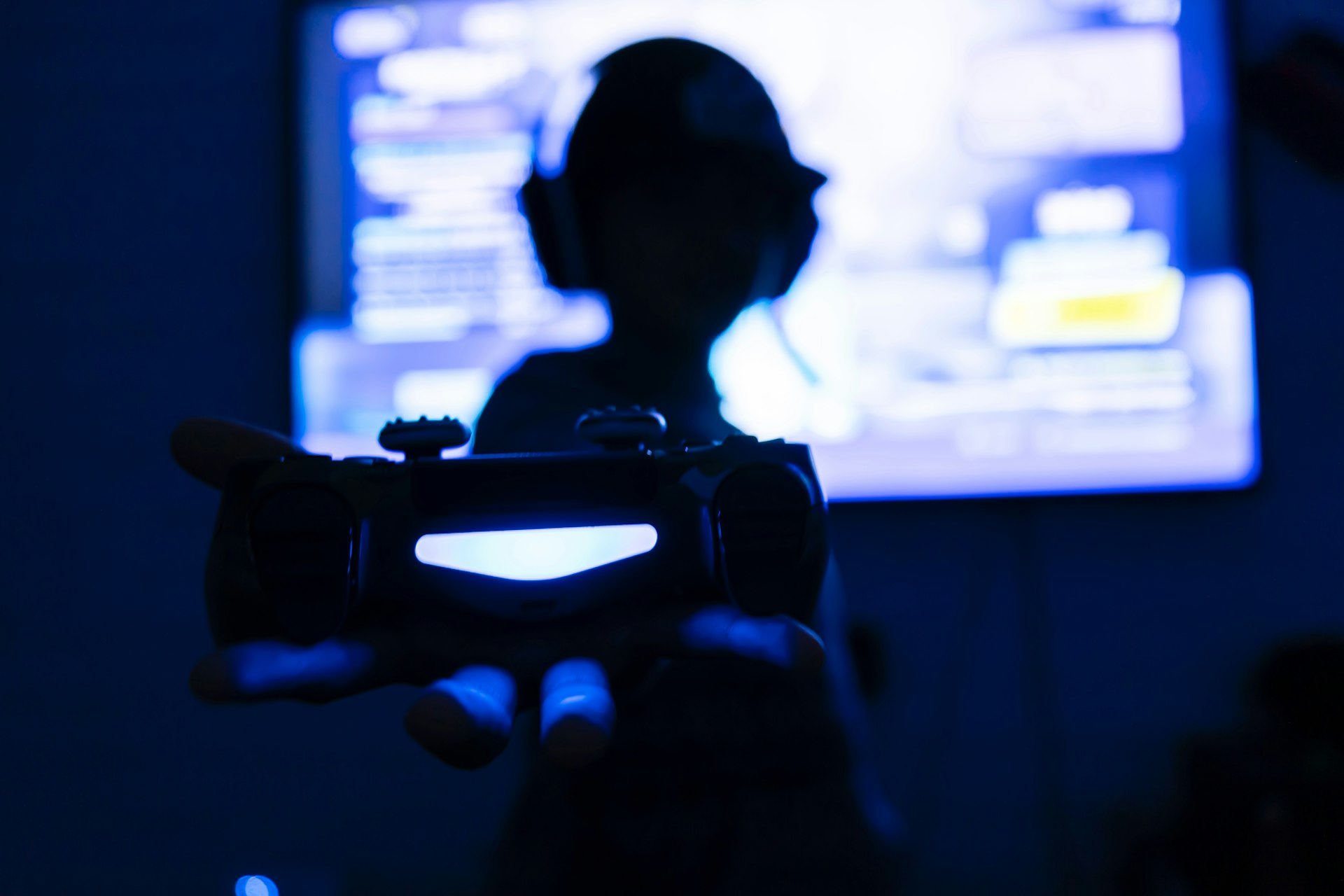Comprehensive Support for Gamers: Accessing Mental Health Resources and Building Resilience

Photo by Anton Shuvalov on Unsplash
Introduction: The Unique Mental Health Needs of Gamers
The gaming community is vibrant, diverse, and constantly evolving. For many, gaming provides a sense of connection, achievement, and relaxation. However, the interactive nature and immersive environments of games can also introduce unique mental health challenges. Balancing play, maintaining social connections, and recognizing when gaming impacts well-being are critical skills for every gamer. This guide explores accessible mental health support options, actionable strategies, and real-world examples tailored to gamers and their supporters.
Understanding Mental Health Challenges in Gaming
Gaming can positively impact mental health by fostering social connection and providing stress relief. However, excessive or unbalanced play may contribute to anxiety, sleep disruption, social withdrawal, or in rare cases, problematic gaming behaviors. The American Psychiatric Association recognizes
Internet Gaming Disorder (IGD)
as a condition warranting further study, emphasizing the importance of monitoring gaming habits and seeking support when needed
[1]
. Recognizing early signs-such as neglecting school, work, or relationships, or feeling distress when not gaming-can help individuals take proactive steps toward better mental health.
Peer Support and Community Resources
One of the most effective ways to address mental health in the gaming world is through community-based support. Guardians Mental Health is a leading nonprofit dedicated to mental health advocacy in gaming. They offer free digital mental health kits, a verified Discord server for peer support, and a database of mental health providers. Their resources are designed to meet gamers where they are-online-making support accessible and stigma-free [2] .
To access Guardians MH services:
- Download their free app for iOS or Android to access digital mental health kits and resource libraries.
- Join their Discord community for real-time peer support, crisis resources, and a safe, inclusive environment.
- Use their mental health provider finder tool to locate professional help suited to your needs.
For those seeking guidance beyond peer support, organizations like Healthy Gamer offer group coaching, webinars, and newsletters focused on the mental health needs of gamers and online communities. Led by Dr. Alok Kanojia, Healthy Gamer provides coaching programs and content designed to help individuals navigate gaming-related challenges, develop resilience, and build meaningful relationships both online and offline [3] .
Professional Support: When and How to Seek Help
If gaming-related stress, anxiety, or mood issues begin to interfere with daily life, professional support is essential. The Diagnostic and Statistical Manual of Mental Disorders (DSM-5-TR) outlines criteria for Internet Gaming Disorder, but you do not need a formal diagnosis to seek help [1] . Early intervention can prevent more serious issues and foster healthy gaming habits.
To connect with professional support:

Photo by Florian Gagnepain on Unsplash
- Contact your primary care provider or mental health professional and mention any gaming-related concerns.
- Use online directories such as those offered by nonprofit organizations (e.g., Guardians MH) to find therapists with gaming expertise.
- For youth, services like Childline and YoungMinds offer confidential support via phone, chat, or email. Young people can chat with trained counselors at Childline or join online message boards for peer support [4] .
- If you are in crisis or need urgent help, reach out to helplines such as Samaritans or text-based services provided through partnerships like Crisis Text Line (details available via Riot Games and other organizations) [5] .
Self-Care Strategies for Healthy Gaming
Maintaining balance is crucial. Experts recommend strategies such as:
- Setting limits on daily gaming time and taking regular breaks to stretch, hydrate, and rest your eyes.
- Staying connected with friends and family both online and offline.
- Using mindfulness or relaxation techniques before and after intense gaming sessions.
- Recognizing triggers for stress or negative emotions tied to gaming and seeking support early.
Guardians MH provides digital mental health kits that include self-care tips, stress management tools, and guidance for maintaining balance. These kits are designed to be accessible, free, and tailored to the needs of gamers at all levels [2] . Healthy Gamer’s coaching programs also provide structured approaches to building healthy routines and managing gaming-related stress [3] .
Practical Steps: Accessing and Implementing Support
Here is a step-by-step guide to accessing mental health support in the gaming community:
- Assess Your Needs: Reflect on your gaming habits and how they affect your mood, relationships, and daily responsibilities.
- Explore Peer Resources: Join online communities and Discord servers offered by organizations like Guardians MH for immediate peer support and resource sharing.
- Download Support Apps: Install free apps from reputable organizations to access self-care tools and crisis resources wherever you game.
- Seek Professional Guidance: Use mental health provider directories or consult your primary care provider to find specialized support if gaming is impacting your quality of life.
- Implement Healthy Habits: Set boundaries for gaming, engage in regular physical activity, and prioritize sleep.
If you are unsure where to start, consider reaching out to Guardians MH or exploring Healthy Gamer’s coaching and content. For immediate support, confidential helplines like Childline and Samaritans are available 24/7 to provide non-judgmental listening and guidance [4] .
Case Studies: Real-World Impact of Gaming Mental Health Support
Community-driven programs have demonstrated significant positive outcomes. For example, users of the Healthy Gamer group coaching program have reported improved confidence, stronger relationships, and a greater sense of control over both gaming and real-world challenges [3] . Guardians MH’s peer support network provides a safe space where gamers share experiences and learn coping strategies, while access to professional resources ensures that those in need can connect with qualified help quickly [2] .
Content creators and streamers also play a pivotal role in mental health advocacy. Riot Games partnered with The Public Good Projects to create a free mental health guide for streamers and moderators, helping them support their communities and connect viewers to professional services when needed [5] . This approach demonstrates the potential for positive change when the gaming community collaborates on mental health initiatives.
Alternative Approaches and Additional Resources
Some gamers may benefit from exploring additional support options, such as:
- In-person therapy or support groups focused on technology or gaming-related challenges.
- Educational workshops on digital well-being, offered by mental health nonprofits and community organizations.
- Mindfulness and resilience training programs designed specifically for digital natives.
To find these resources, you can:
- Contact your local mental health association and inquire about programs tailored to digital habits.
- Use search terms like “gaming mental health support program” or “digital wellness workshops.”
- Ask your school counselor, workplace wellness coordinator, or healthcare provider for referrals to gaming-aware professionals.
Summary and Key Takeaways
Gaming is a major part of modern social life, but it is essential to prioritize mental health alongside digital engagement. By leveraging peer support, accessing professional resources, and implementing practical self-care strategies, gamers can build resilience and thrive both in-game and in real life. Verified organizations and structured programs are available to help-whether you’re seeking information, community, or professional intervention. Remember, reaching out is a sign of strength, and comprehensive support is closer than you think.
References
- [1] American Psychiatric Association (2023). Internet Gaming Disorder and Mental Health.
- [2] Guardians Mental Health (2024). Mental Health Support for Gamers.
- [3] Healthy Gamer (2024). Mental Health Coaching and Community for Gamers.
- [4] YoungMinds (2024). Gaming and Mental Health Advice.
- [5] Riot Games (2023). Free Mental Health Resources for Content Creators.



